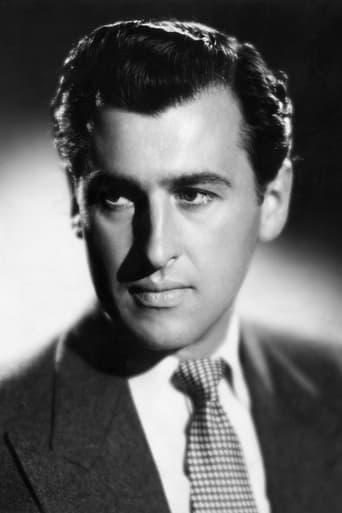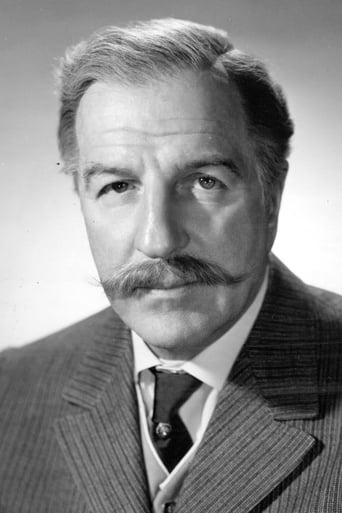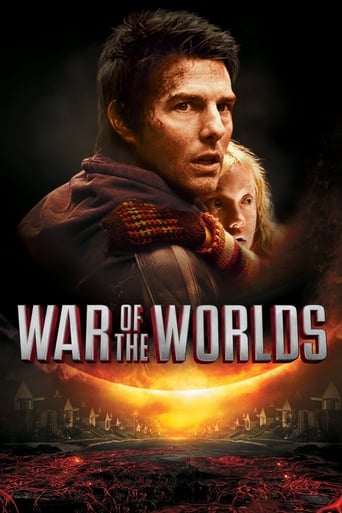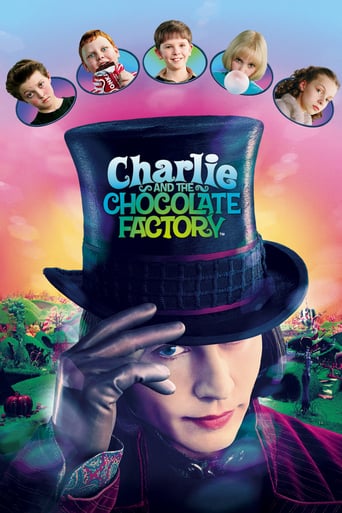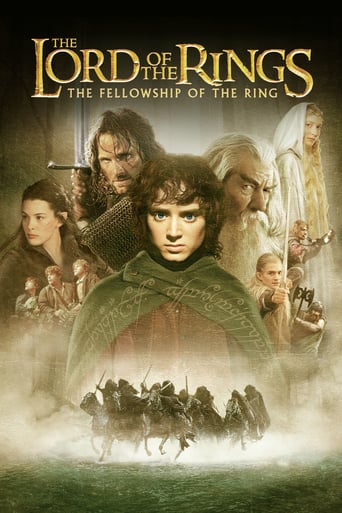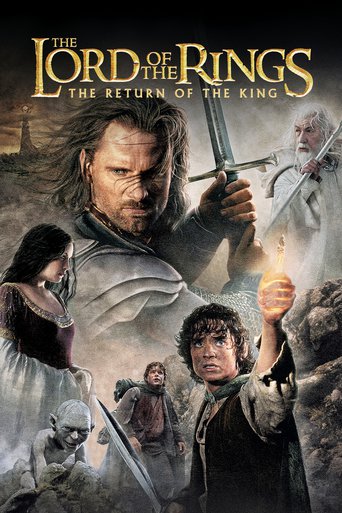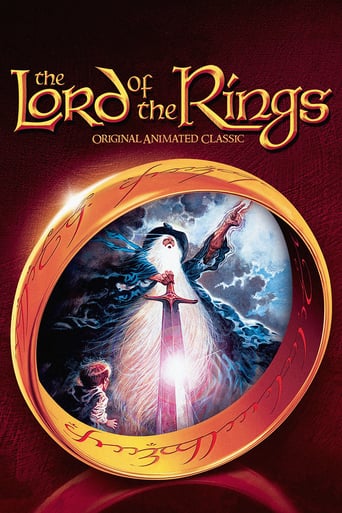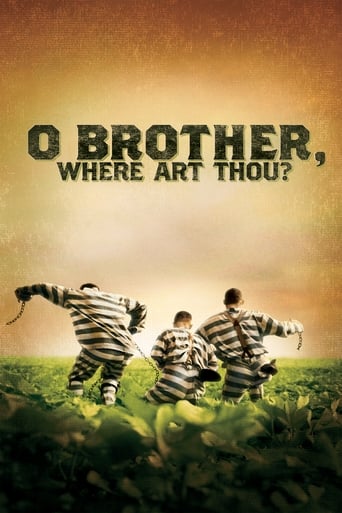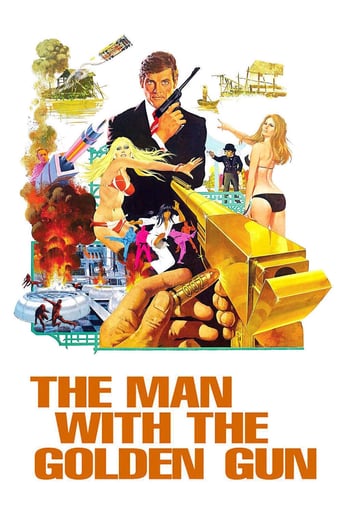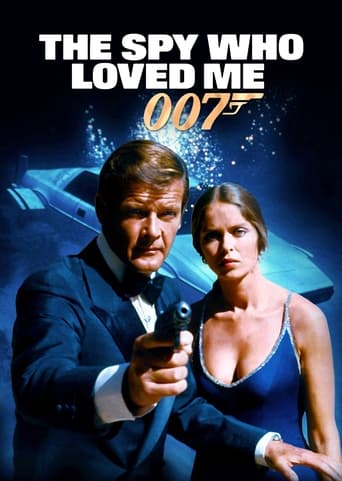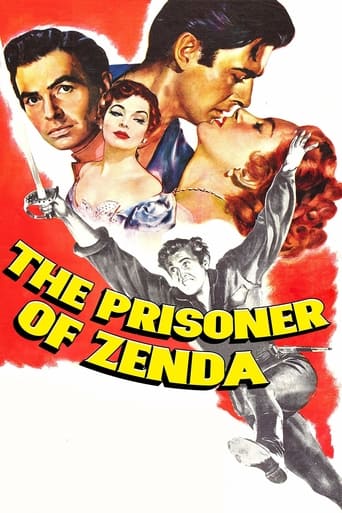
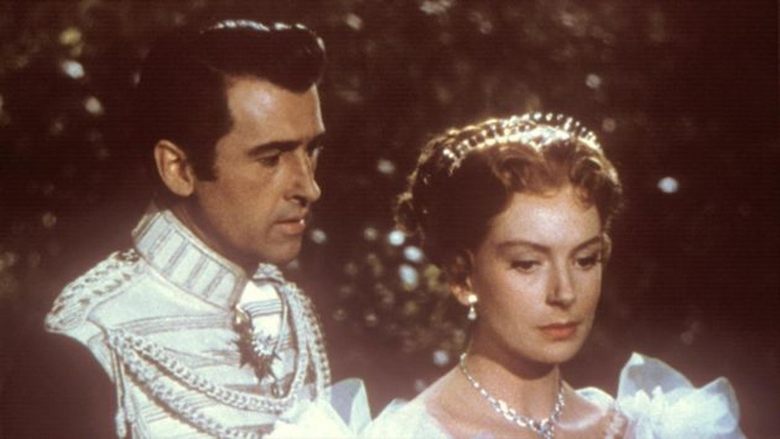
The Prisoner of Zenda (1952)
An Englishman vacationing in Ruritania is recruited to impersonate his cousin, the soon-to-be-crowned king after the monarch is drugged and kidnapped.
Watch Trailer
Cast


Similar titles
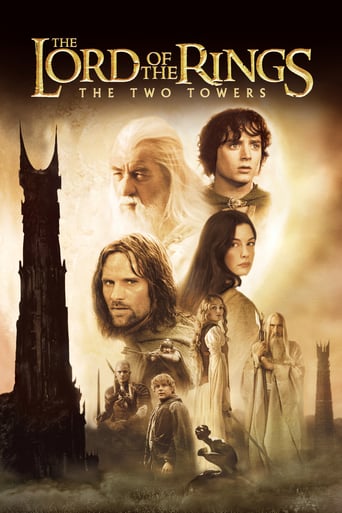
Reviews
The plot - and this is valid both for movie and source material - contains enough corn, ham and cheese to feed the whole population of Indiana. It is also predicated on the remarkably daffy axiom that an English gentleman can handle any situation Fate throws at him, up to and including a solemn coronation as head of state of a foreign nation. (Listen, it's nice to have self-confidence, but a stiff upper lip and a talent for trout fishing will only carry you so far.) On the other hand there's a lot of wit and charm.This is a rousing and engaging adaptation, with a excellent cast giving excellent performances. I'm particularly fond of James Mason's suavely villainous Rupert, whose versatile and practical-minded cynicism could scare the socks off a Borgia pope. (I might be mistaken but I seem to remember that the book's Rupert is even scarier, as he is still a very young man, fully and consciously malicious at an age where most people are still trying to figure out how to order a pint.) But then, nobody could threaten like James Mason - the man practically turned it into an Olympic discipline.There's romance, mystery and comedy ; there's also some pretty decent fencing, as befits a classic swashbuckling adventure. Ah, they don't make them like that anymore !
The concept of turning to a proved success rather than come up with an Original Screenplay is something that seems to beset only producers of today whereas this film is proof that it has been going on for more than half a century. They may have opted to film the 1937 version shot for shot but, alas, they couldn't replicate the original cast and had to settle for acting joke Stewart Granger, insipid Deborah Kerr and rely on James Mason to supply the only decent acting amongst the principals, plus strong support from Louis Cahern and Robert Coote. The story itself retains all its Boy's own Paper razzamatazz and it's one of the few properties which does not suffer by the addition of colour. Once you get past the wooden Granger and the passionless Kerr you can bask in the charisma of Mason and beguile the time pleasantly.
This pales I think to the brilliant 1937 film, but this version is still very good. It is a little too short though and some of the exchanges of the dialogue lack the class and unique chemistry of the 1937 film. However, the colour, costumes and scenery are exquisite and the score is marvellous. The film goes at a good pace too and the romantic and exciting story never fails to engage, while the acting in general is very good. Stewart Granger is marvellous in his dashing and heroic dual role, and Deborah Kerr is ravishing as Princess Flavia. Jane Greer comes off even better, while James Mason is a menacing and somewhat austere Rupert and while his part is a little underwritten perhaps Robert Douglas is appropriately sinister as Michael. Overall, far from perfect, but worthy and colourful version. 8/10 Bethany Cox
Next to the 1937 version with Ronald Colman and Douglas Fairbanks, Jr., this version of The Prisoner Of Zenda is the one most fondly remembered by movie audiences. If it doesn't quite have the panache of the Colman film, it makes up for it with the introduction of some nice color cinematography.The casting of Stewart Granger in the double role of Rudolph Rassendyll and his royal cousin, the Crown Prince Rudolph of Ruritania and James Mason as the villainous Rupert of Hentzau is hardly some stock company casting. If Granger doesn't quite have Colman's flair for the spoken word and very few ever have, he makes a fine and dashing hero which parts he played very well, too well in his opinion on his career. As for Mason, Douglas Fairbanks, Jr. took the Rupert part because he was advised it's one of the best villains ever created in drama. Mason who has also played some of the best villains on screen keeps up the fine tradition for that role.The 1937 version benefited from having the world wide publicity of the constitutional crisis in the United Kingdom over Edward VIII choice of consort. I've wondered whether someone over at MGM after George VI died in early 1952 whether they thought it was now time to do another remake of The Prisoner Of Zenda in time to coincide with the publicity of Queen Elizabeth II's coronation. Which begs the question whether we'll get yet another version when Prince Charles eventually assumes the throne. We've seen over ten versions so far going back to the silent screen.The women in the cast, Deborah Kerr and Jane Greer as Princess Flavia and Antoinette DeMauban respectively never come in for much discussion of their roles. The parts in relation to the hero are almost a carbon copy of the roles of Katharine DeVaucelles and Hugette from If I Were King. I've always thought that Greer as Antoinette plays one of the most tragic characters in popular literature. She loves a cold and forbidding man in Prince Michael, especially when played by Robert Douglas. But he's her man and when she does ever so slightly give in to the scheming Hentzau she regrets it when it means the death of her beloved. Personally why she falls for a cold fish that Michael is who can figure. But the heart does have its reasons.As for Kerr her best scene is at the end when she realizes she has been hoodwinked, but in a scheme for the greater good of the kingdom. She knows what her obligations are and she too can't afford to follow her heart.Something tells me we're far from done with The Prisoner Of Zenda. Try and figure out who could play these roles today with the flair of the players in this version, let alone the one from 1937.


